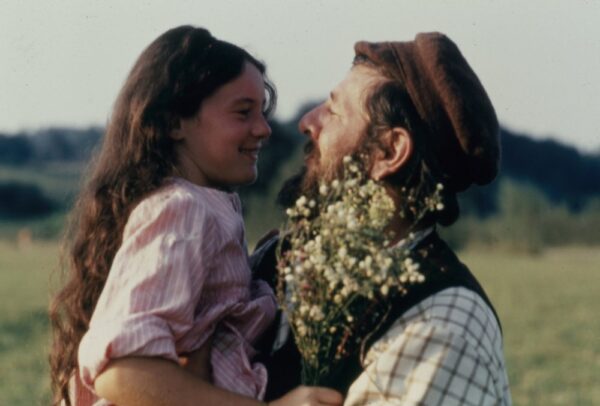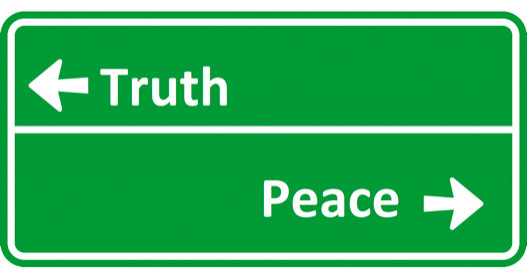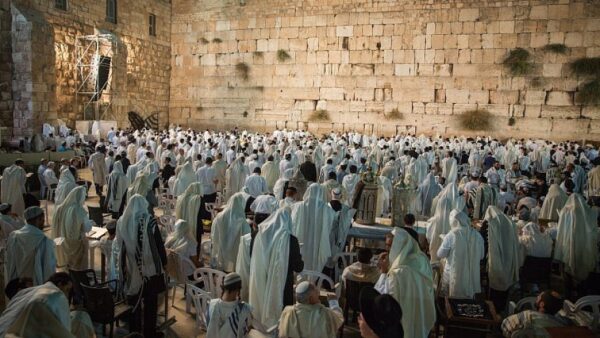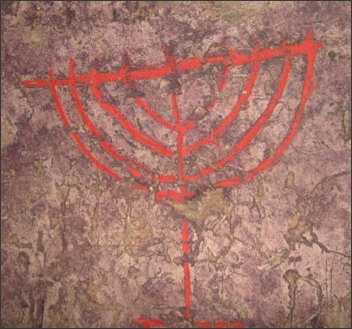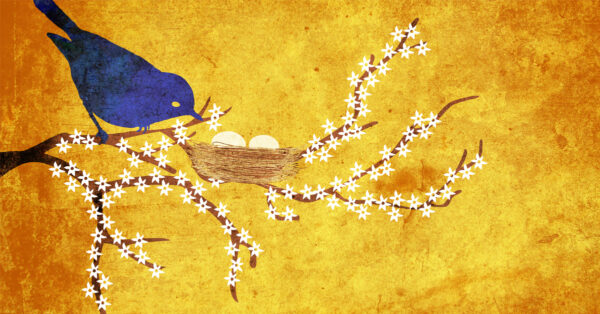Tag Menachem Mirski
Thoughts on parashat Noach.
The fear of the LORD prolongs life, While the years of the wicked will be shortened.
Proverbs 10:27
Immortality is an eternal human longing and its motif is interlaced throughout all religions and cultures of the world, including secular culture. We see this theme everywhere. Literature,
Refleksja nad paraszą Noah.
Bojaźń Wiekuistego przedłuża życie, lecz lata bezbożnego skracają się.
Prz 10, 27
Nieśmiertelność jest odwiecznym ludzkim pragnieniem, a motyw ten przenika wszystkie religie i kultury na świecie, łącznie z kulturą świecką. Motyw ten dostrzegamy wszędzie. Zarówno literatura,
Thoughts on parashat Ki Tavo.
What are the Jewish values? Typically, when this question is raised, the following values are mentioned: devotion to live in community (Israel), education (Torah), governance of life by law (halacha), truthfulness and trustworthiness (emunah), justice and righteousness (tzedek), kindness
Refleksja nad paraszą Ki Tawo
Czym są wartości żydowskie? W odpowiedzi na to pytanie wymienia się zazwyczaj następujące spośród nich: oddanie się życiu we wspólnocie (Izrael), wykształcenie (Tora), praworządność życia (halacha), prawdomówność i wiarygodność (emuna), sprawiedliwość i prawość
Thoughts on parashat Vayehi.
“No one is more hated than he who speaks the truth”, said Plato. “Cherish those who seek the truth but beware of those who find it”, said Voltaire. “The truth is, everyone is going to hurt you. You just got to find the ones worth suffering for”, said Bob Marley.
Is telling
Refleksja na Jom Kippur 5781.
W okresie Wielkich Świąt, w szczególności zaś w Jom Kipur, zastanawiamy się nad naszymi przewinieniami, moralnymi działaniami oraz moralnymi aspektami decyzji, które podjęliśmy w minionym roku. Zastanawiamy się, czy i
Thoughts on Parashat Haazinu.
I was born and raised in a secular family where certain wisdom and values were instilled in me from early childhood. Among them were values such as education (which is generally considered a carrier of all values), truthfulness, diligence, ambition, being compassionate, sensitiveness
Thoughts and insights for Rosh Hashanah 5781
Religion has the beautifully inherent purpose of helping us gain control and guide us in organizing what is irrational within both our spiritual and practical realms. Maimonides’ view on animal sacrifices, which was performed by the ancient Israelites in the Temple, is
Thoughts on parashat Nitzavim-Vayelech.
Human beings are religious beings. This means we have a natural tendency to develop religion or something that metaphysically deals with the problematic mystery of human existence. Every time human beings want to get rid of religion something else fills this gap and becomes
Thoughts on parashat Ki Teitzei.
Human beings are more prone to be preoccupied with the negative aspects of our existence and tend to ruminate more about unpleasant events. In general, there is not much we can do about this: that’s how our brains have evolved throughout millions of years of evolution – this
